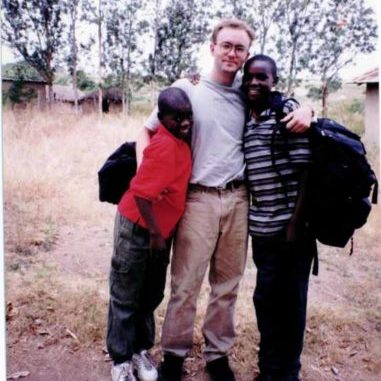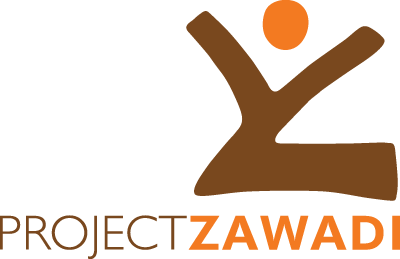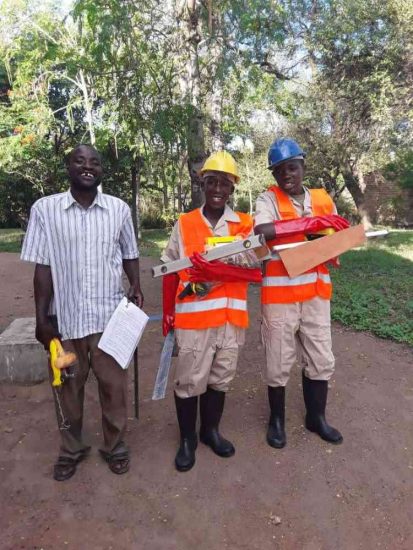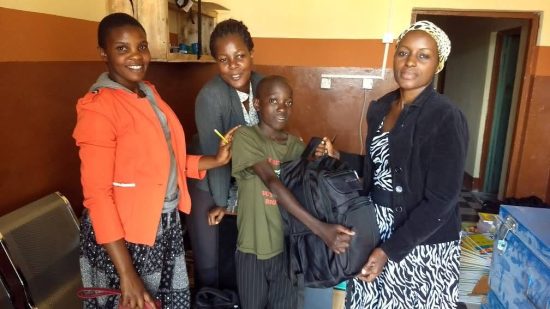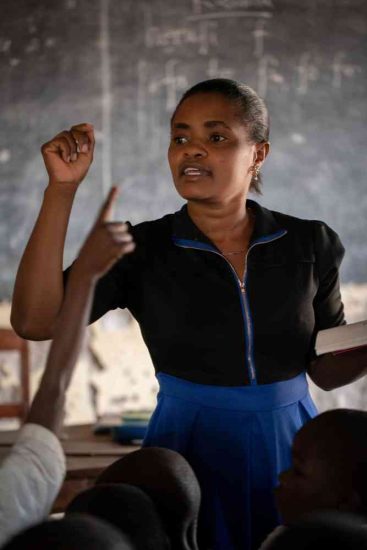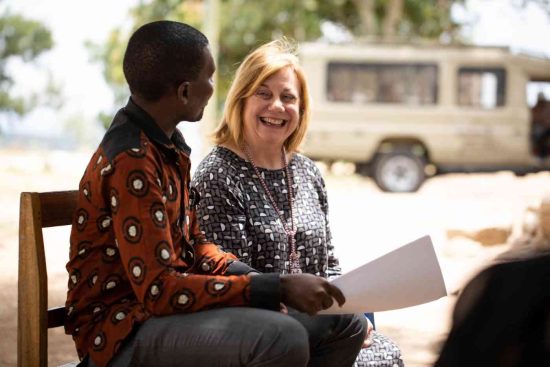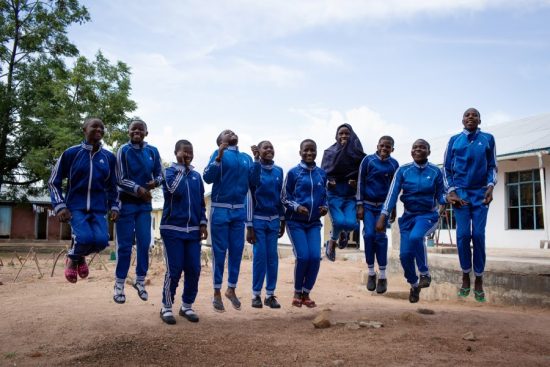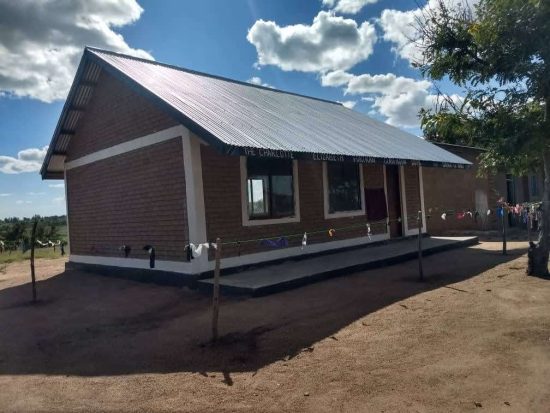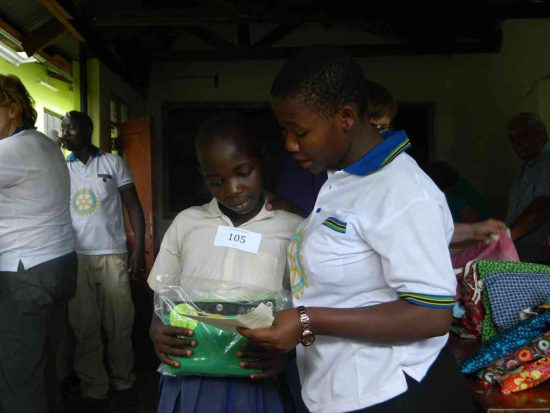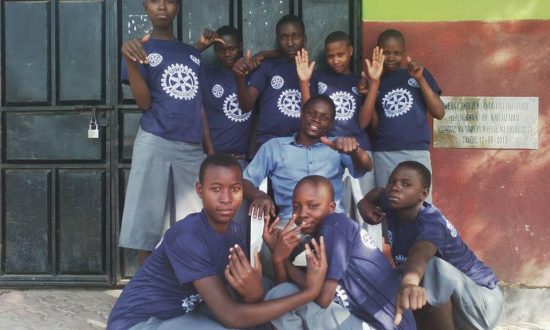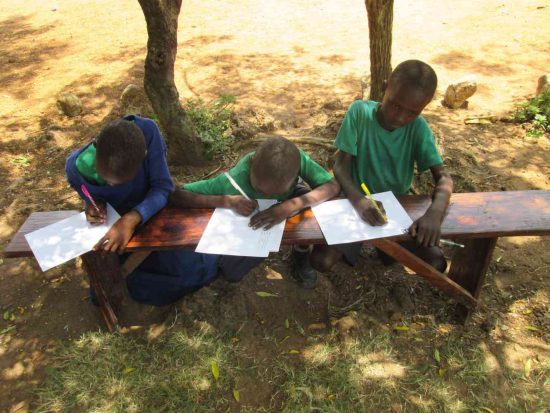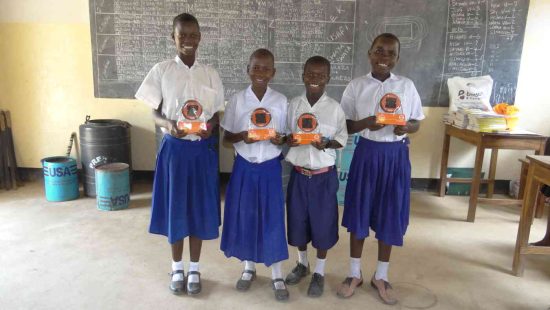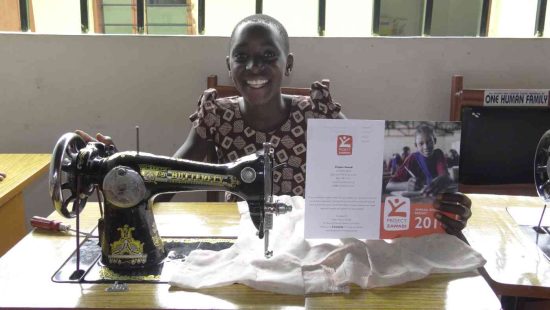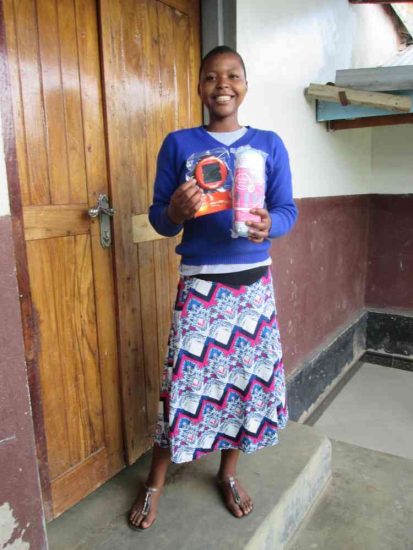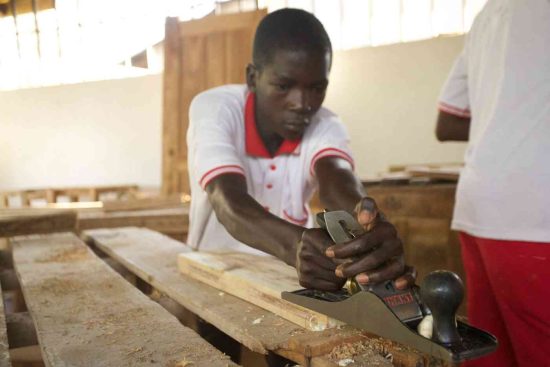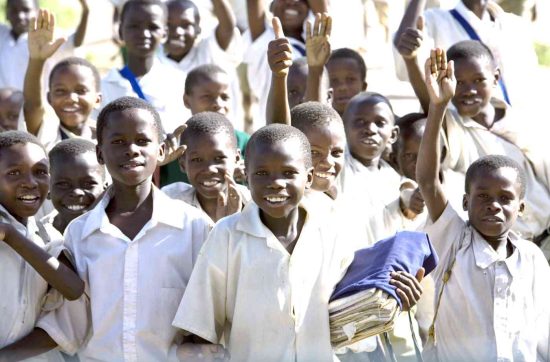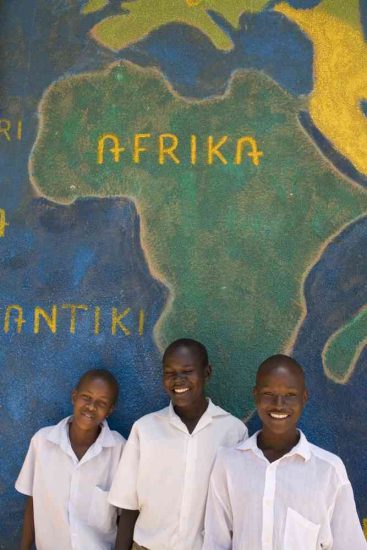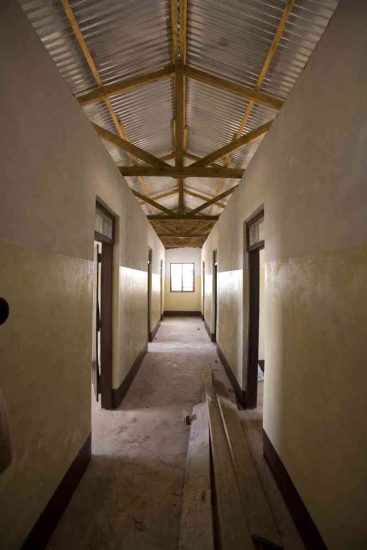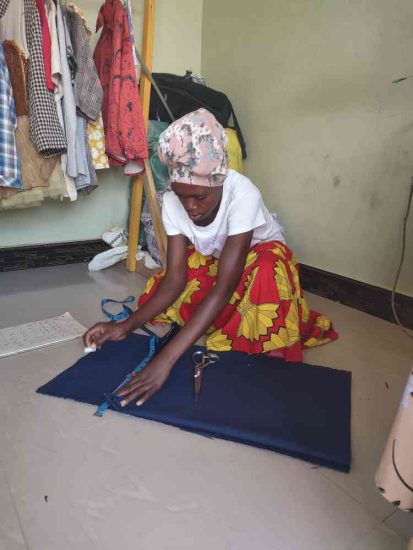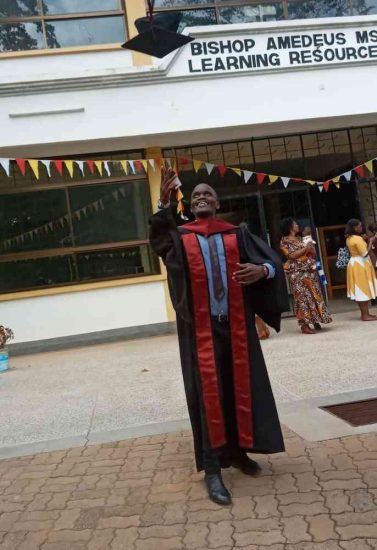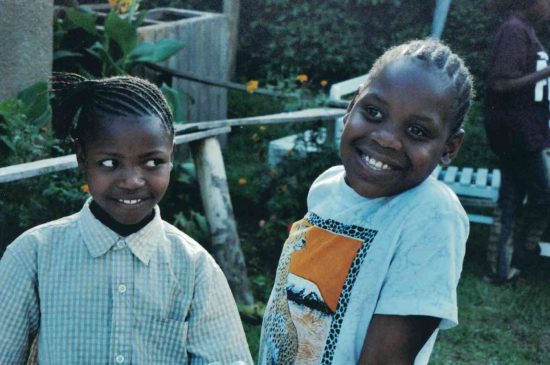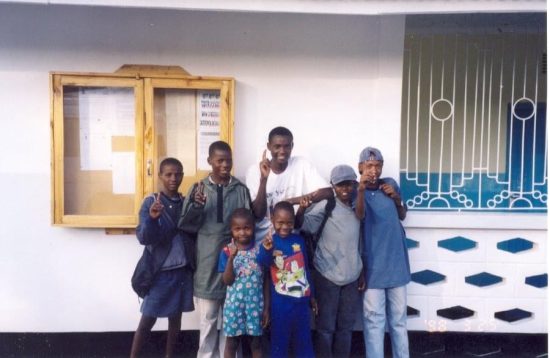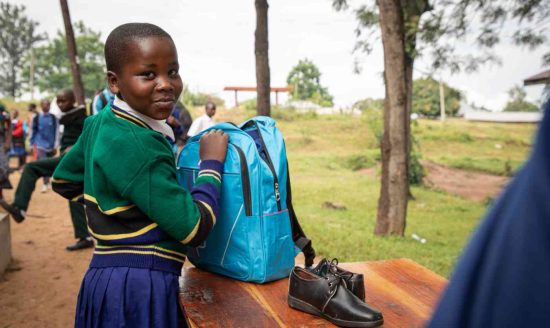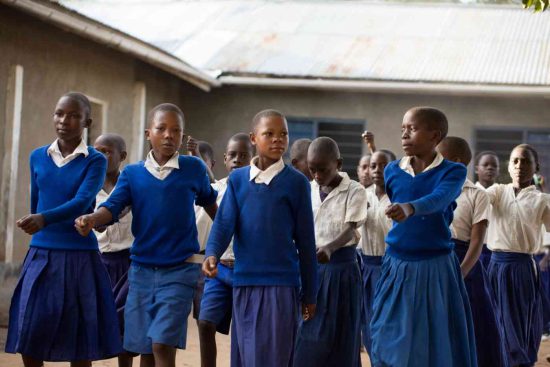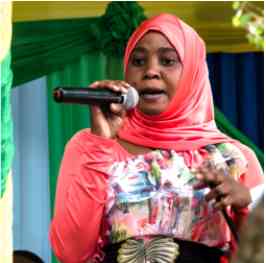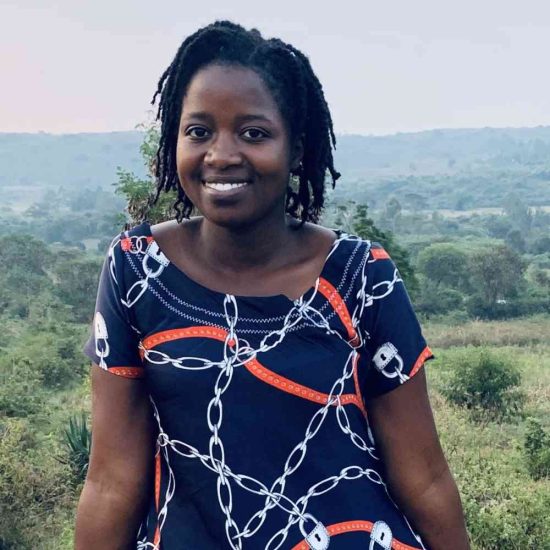History
It all started when the oldest of four orphaned brothers decided to work the streets of Musoma selling candy and doing odd jobs with a singular goal: put his brothers in school.
He offered to work for Brian Singer, a Peace Corps Volunteer who was there in 1993 teaching high school math. In return for his work, his brothers went to school.
After his Peace Corps service, Brian continued to send limited support to the family, but it was not enough to keep them all in school. Brian wrote letters to family and friends requesting donations. Soon after, he had more than enough. Project Zawadi was born in 2000 and began sponsoring additional students.
Since then, Project Zawadi has hired a robust team that operates out of an office in Nyamuswa. Programming has expanded to include intensive school support and teacher training - all efforts that advance Project Zawadi's mission: to ensure Tanzanian children and youth have access to a quality eduaction.
To learn about where we work and our accomplishments through the years, visit our blog.
